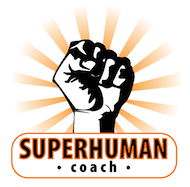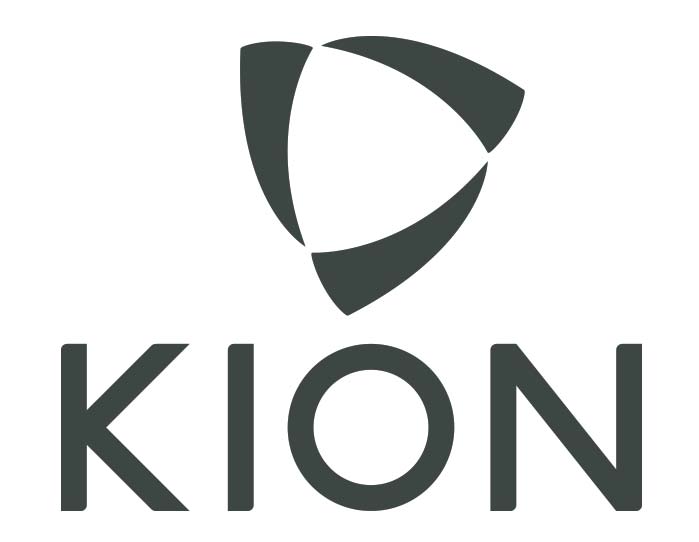How do we know if we are fully recovered and ready for our next workout? Are we recovered when our muscles are no longer sore? Are we recovered when we feel we are mentally ready for our next workout? Many athletes are asking these questions, and finding no adequate answers. Finding answers to these recovery questions is important. More importantly – are we asking the right questions about recovery?
We don’t know if we’re fully recovered, if we don’t know what needs to be recovered! The body has two main systems that need to recover for optimal recovery: the Musculoskeletal system and the Autonomic Nervous system.
The Musculoskeletal system, your muscles, is what almost everyone thinks about when determining adequate recovery. The common thinking is, “If my muscles aren’t sore anymore then I am adequately recovered, right?” Although musculoskeletal recovery is an important part of optimal recovery, it is not the most important indicator of optimal or even adequate recovery.
The Nervous System is the other main body system that needs to adequately recover from training. Your nervous system fatigues quicker and takes more time to adequately recover than your musculoskeletal system. Determining nervous system recovery is more complex than determining musculoskeletal recovery. Keep reading for more information on recovery and 5 indicators of adequate musculoskeletal recovery. Continue reading



